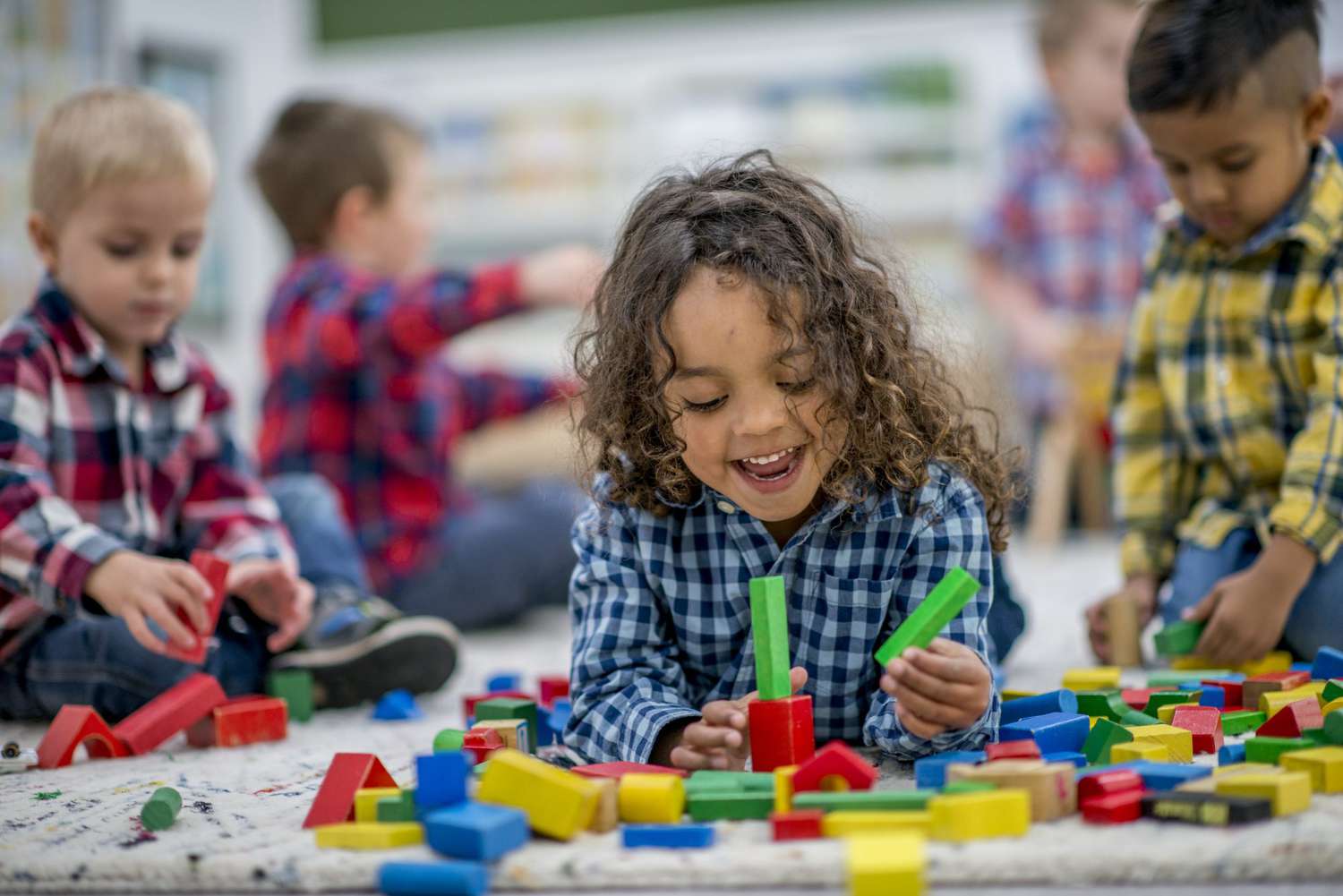Fine motor skills enable the precise movement of fingers, hands, and wrists. They are crucial for a child’s development. These skills are crucial to daily tasks such as writing, buttoning clothes, and using cutting boards. Providing your child with the correct toys and activities in the early years is crucial to support their growth. This comprehensive guide will provide many different fun and highly beneficial games and toys to help your child develop.
Puzzles: The Brain-Boosting Challenge
Puzzles are an excellent method to build the fine motor skills of your kid as well as cognitive abilities while having fun. Puzzles that have forms, like peg puzzles, jigsaws, and many more, require a variety of fingers and hand skills. The strength of your child’s hands and spatial awareness will increase as they learn to use knobs and pieces that are glued together.
They’ll get more adept at completing puzzles, which will boost their patience and problem-solving capabilities. Puzzles can be found in various degrees of difficulty, and when your child gets older, they can continue working on their fine motor skills.
Play-Dough and Clay: The Squishy Creativity Booster
Playdough and clay are fantastic sources for stimulating imagination and enhancing the fine motor skills of children. Your child can play around, pinch, and create using their hands due to these soft materials that assist in improving hand-eye coordination. The precise movements needed to create sculptures help improve hand dexterity and strength.
Making playdough and clay can also provide a sensory experience, which stimulates the development of sensory perception and makes it an ideal choice for children in the early years. To help them further develop their sculpting skills and to encourage the development of fine motor abilities as well as imagination, introduce a range of molds and tools.
Building Blocks: The Foundation of Fine Motor Skills
The building blocks have been a long-lasting favourite of children of all ages and have stood the test of time. They aid children in improving their fine motor skills by constructing intricate constructions and towers to stack. Particularly, wooden blocks offer the sensation of being tactile, and call to be able to use their hands with precision. Children can play with different shapes and colors as they get older, which encourages imagination and problem-solving skills.
Blocks made of wood are a typical element in Montessori toys for infants, which makes them an ideal choice to help your child develop early. Due to their flexibility, the building blocks will be engaging and challenging to master, regardless of your child’s capabilities.
Lacing Toys: Stringing Success
Lacing-related toys are an excellent way to build fine motor skills and also a feeling of accomplishment. Most often, these toys consist of strings or colored laces as well as boards and cards that have holes. The job of stringing the lace through the holes will allow your child to improve hand-eye coordination. Lacing toys can be fun and educational as they come in a range of themes, such as vehicles, animals, and even designs. They are especially useful to prepare children for future tasks like tying their shoelaces. The act of lacing has to be repeated several times, which helps children develop focus and perseverance.
Art Supplies: The Creative Outlet
Markers, crayons, or colored pencils are all examples of art tools that can be great tools for enhancing fine motor abilities. Your child is working on their precision and control while they draw, color, and draw. To increase hand strength and finger flexibility, allowing them to test out different shapes and strokes. In addition, activities such as molding clay or cutting with safety scissors and paper enhance fine motor skills, as well as fostering self-expression and creativity.
The artistic qualities of art materials allow your child the opportunity to communicate and increase their self-awareness through their work, which simultaneously enhances your child’s fine motor capabilities as well as confidence.
The total development of your child is contingent on their ability to utilize fine motor skills. Selecting the right games and toys will have a significant influence on how they grow. Puzzles, building blocks, lacing toys, playdough, and art materials are great ways to assist your child in developing fine motor skills, even as they have fun for hours.
Therefore, invest in these items, encourage the idea of experimentation, and watch your child’s fine motor skills grow, laying the foundation for their future success. To ensure that your child’s fine motor growth continues throughout their first years, adapt these exercises according to their abilities as they mature.




